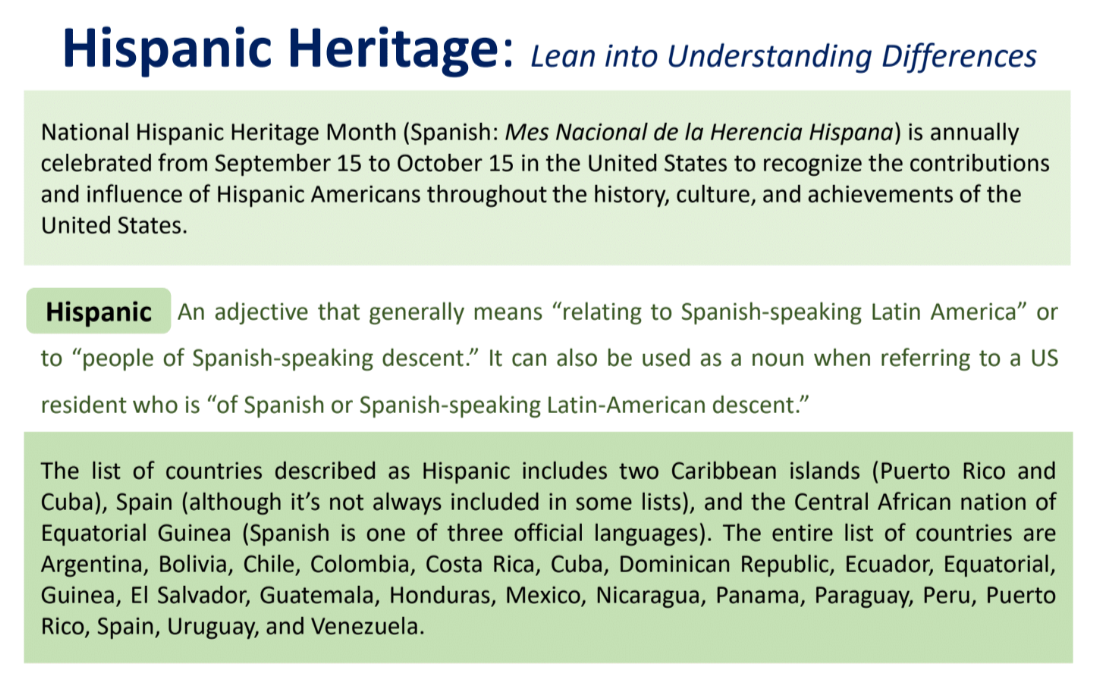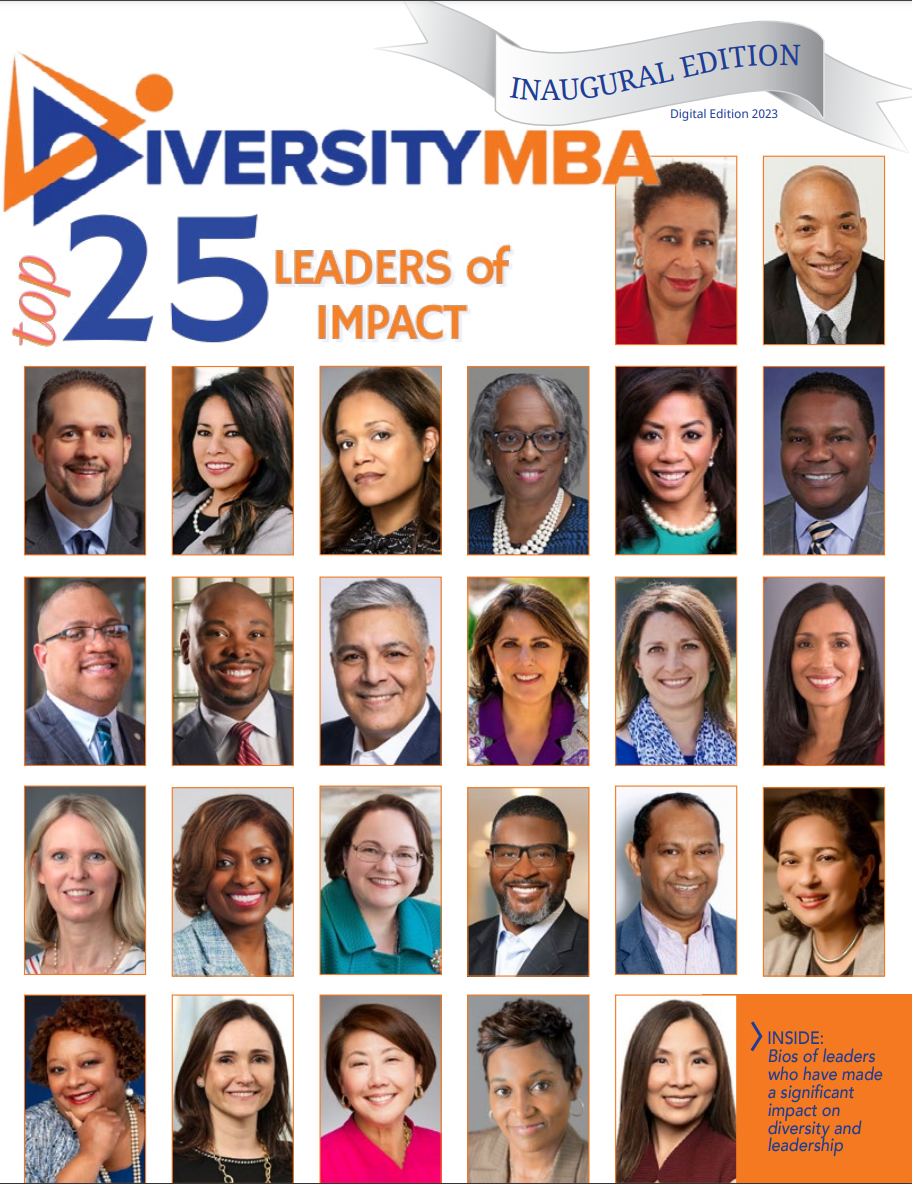For many MBA applicants, the full-time vs. distance-learning debate is pivotal. Should candidates take the plunge full-time at a top business school, or utilize the advances in distance-learning MBAs by studying at home? Does the increased credibility of the DLMBA mean study abroad is now an unnecessary expense, or do the networking, skills, and experiences of full-time study remain an investment of ever-increasing returns?
The New DLMBA
The distance-learning MBA (DLMBA) entered the arena in the 1960s and has been developing ever since. The old correspondence courses, featuring boxes packed with books and valuable essays left to the mercy of the postal service, bear little resemblance to the new DLMBA. Advances in technology have helped transform distance learning into a credible alternative for those who are prevented by circumstance from being able to study full time.
Many of the prevailing prejudices against DLMBAs, for example, that they provide an inferior learning environment and are undervalued by employers, are now outdated. For one thing, DLMBA courses increasingly involve some level of personal contact. With business schools now capable of linking together globally diverse participants with online technologies, what was previously lumped under the title of distance learning is in reality a wide range of different modes of study. Models based entirely on self-learning are largely being phased out, with many programs adopting a blended style, usually involving a number of face-to-face interventions and periods of online study.
Rather than being merely an imitation of the full-time MBA, the DLMBA has its own specific merits in the eyes of employers. What a DLMBA graduate is made of, many argue, is resilience, self-motivation, and the proven ability to focus on and complete a complex and challenging task, qualities that employers find valuable and transferable. Professor Richard Wheatcroft, masters program director of Open University says, “They have demonstrated their self-motivation, so that concern has genuinely been dispelled.”
Tech-Savvy Students, Faculty
According to William McDonald, director of academic programs for Europe at Thunderbird School of Global Management, distance-learning programs offer a viable option for a section of MBA candidates, and that the technological advancements are important for two reasons. “The generation moving into the MBA age now is used to learning in the online environment, and acquiring information from that perspective,” he says. “There’s a level of trust where the information is coming from that the previous generation of MBAs was not accustomed to.”
Crucially, it’s not just MBA students who find online learning easier but the faculty; even professors who didn’t grow up in the Internet generation are finding it easier to post video lectures, host chats, etc.
The key advantage DLMBAs offer is flexibility. An MBA student can start at any time of the year, rather than the traditional biannual intake associated with campus courses. This has been demanded by the market, says McDonald, of a higher education industry that has remained largely unchanged for many years. “Traditionally [students] are back to school in September, or some schools offer a January start,” he says. “But online programs allow schools to deliver throughout the year, and to change the timing and the format.”
The flexibility is valuable for staff, too.With the well-documented increase in demand for MBAs comes a demand for a well-qualified faculty, a demand that is proving difficult to meet. For business schools, the online format allows great opportunities for the faculty to spread the learning far wider than they would be able to in a classroom situation.
Recruiters’ Views
Until a few years ago, campus MBAs were first choice in the eyes of most major recruiters. This made sense; the advantages of a campus MBA are still numerous in terms of immersion, language acquisition, vicinity to peers and faculty on a daily basis, networking opportunities, and so on.
But recruiters are changing their attitude to online learning almost as fast as online learning develops. There are even recruiters that have gone on record to say that distance-learned MBAs are just as desirable as campus MBAs. After all, balancing the extreme rigors of a full-time job, perhaps a family, a personal life and the challenges and self-motivation required to complete an MBA, makes them valuable job prospects.
Proving one’s abilities with the latest technology is also an attractive trait for MBA recruiters. “Recruiters are finding that business schools are delivering online content that parallels the skill-sets they are looking for,” says McDonald. “It’s becoming more and more critical that people are able to manage relationships at a distance, to build rapport with people in other locations, to work across cultures remotely and virtually. A lot of that takes place on online programs. In some ways it’s a skill-set that you can develop in an online program that’s harder in a face-to-face environment.”
Accreditation
One negative factor with online programs is the lack of universal and recognized accreditation and official rankings. The boom in unaccredited online universities, or “MBA mills” has also harmed their respectable counterparts’ reputation.
As with any MBA program or anything else you will spend a significant amount of time, effort and money on, do your research. Make absolutely sure the program you choose will actually get you where you want to go. Will recruiters value it? Talk to some on LinkedIn or by phone. What did the course’s alumni think of the program? Did it benefit them? Who accredits the course and what are their thoughts on the program?
The most essential component of any MBA course, especially with the proliferation of online MBAs not necessarily associated with good schools, is to look at their accreditation. There are lots of national accrediting bodies in different countries, and three main international groups — EQUIS, AACSB and AMBA. In many cases, if a school is accredited and has an online program, that program is accredited too, but it’s worth following up. There are some schools that seem to offer MBAs you can simply buy. It may sound good, but if the recruiters you go to dismiss it, your time and money are wasted. The best advice here? If it sounds too good to be true, it probably is.







